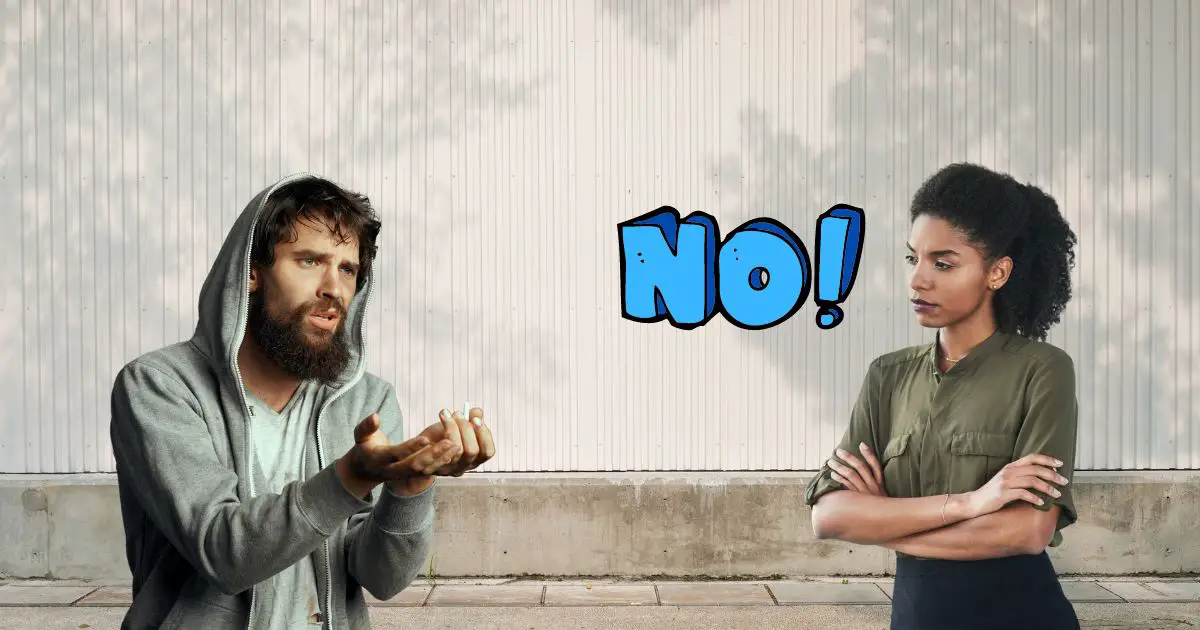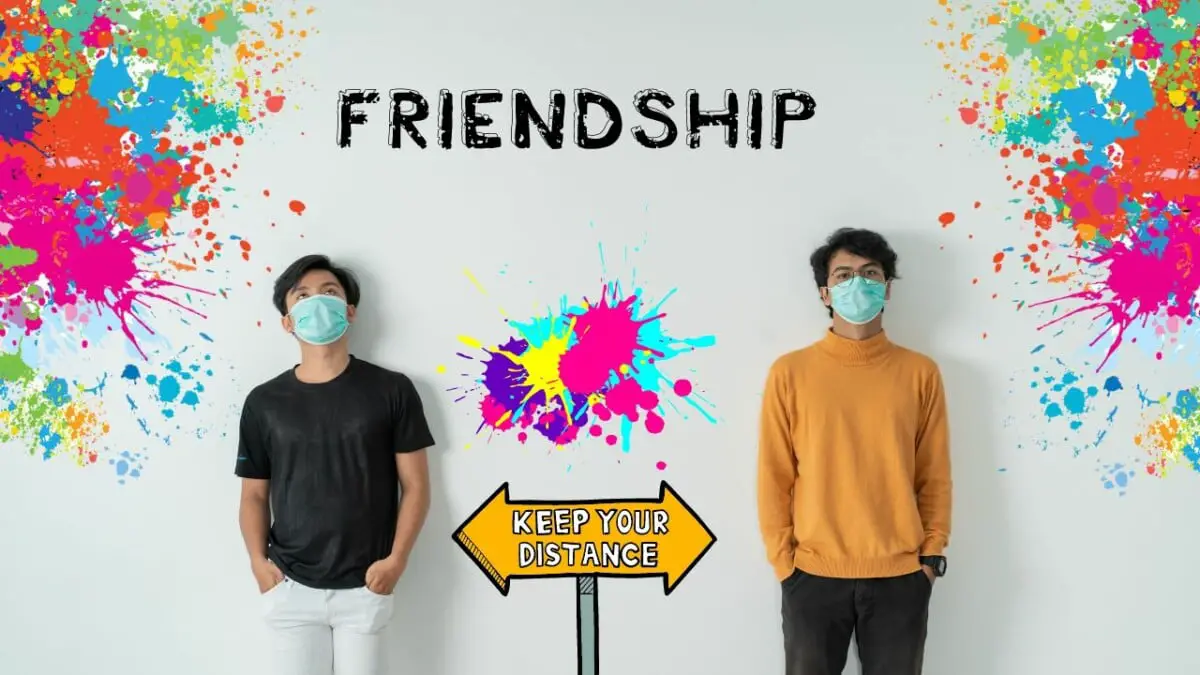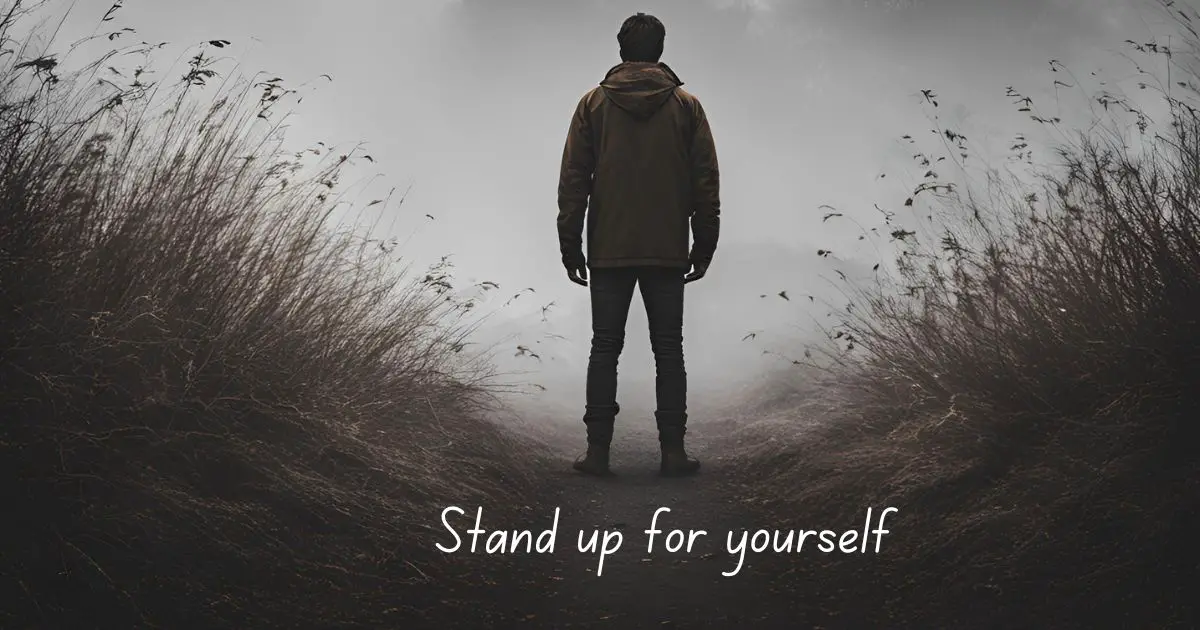Are you tired of letting stereotypes dictate your perceptions and interactions? Let’s explore effective methods to challenge stereotypes and become more compassionate.
Giving up on stereotypical thoughts means admitting our prejudices, questioning their truth, and making efforts to comprehend individuals and circumstances in a more nuanced and personal manner. Stereotypes refer to simple ideas about groups of people that could lead us to create unjust opinions and unfair treatment. By being conscious of these automatic thoughts and questioning them, we can encourage an attitude that is more inclusive as well as understanding.
Understanding Stereotypical Thinking
Stereotypical thinking is a cognitive habit where our brains take quick paths to handle information and understand the surroundings. Even though these shortcuts have their benefits in certain situations, they frequently result in incorrect and damaging presumptions about people.
Stereotypes may center around race, gender, age, or profession among other characteristics. They can end in unfairness and restrict our capacity to empathize and comprehend others at a profound level.

Recognizing Personal Biases
The initial movement in freeing oneself from stereotype thinking is admitting that all people possess biases. These biases frequently reside within the subconscious mind and are molded by factors such as our education, heritage, media exposure, and individual events we have encountered.
Recognizing that you possess biases does not imply a feebleness or moral flaw. Instead, it shows readiness for alteration. Observe your initial thoughts and evaluations about diverse groups of people. Notice instances where you may form conclusions without having the complete setting.
Gain Compassion Through Personal Struggles
I used to hold stereotypical views about others with substance abuse disorders until I experienced my struggles. In my younger days, I looked down upon those with addiction, believing they lacked willpower or self-control. However, through my journey to sobriety, I gained profound compassion and understanding. I realized addiction arises from complex life circumstances, not moral failings.
Now, through my work helping others re-find their voices in recovery, I make an effort to see each person’s inherent worth and potential, not judging them for their past mistakes or struggles. By shifting to this mindset of empathy and kindness, I have found greater freedom and peace within myself as well.

Jessica Neutz, Founder, Superbly Scripted
Questioning the Validity of Stereotypes
After knowing your own biases, the following step is to doubt their truth. You can question why you have certain beliefs about a specific group of people. Are these beliefs coming from personal encounters, rumors, or how the media shows them? Think about whether there is proof behind these beliefs, or if are they just generalizations without any basis. By examining closely where your stereotypes come from, you can start to understand how they might be wrong or not true.
Seeking Out Individual Experiences
To balance our thinking, we can show interest in individual experiences and stories. Talk with people from various environments and hear what they have to say. This may assist you in recognizing the variety within any group, going beyond simple stereotypes. Talking with someone can change a viewpoint by creating a personal connection. It’s important to know that every individual has their own story, which is not limited to what stereotypes suggest.
Educating Yourself
Education can be a strong force against stereotypical thinking. By learning about the history and experiences of different groups, you can understand why certain stereotypes exist. This helps to paint a broader picture that appreciates the intricacy within various identities. Engage yourself in reading books, watching documentaries, participating in workshops, and collecting materials that question your current beliefs and deepen your knowledge.
Practicing Empathy
Empathy is the skill to comprehend and feel what another person is experiencing. When you make empathy a habit, it can assist in breaking down stereotypes and creating deeper connections with people. Picture yourself in their place, attempting to understand the world as they do. Additionally, understanding their experiences and difficulties may lessen the inclination to judge them according to preconceived notions.
Lead with Empathy and Understanding
As a therapist, I’ve had to critically examine my own biases and preconceptions. One experience that stands out was my initial judgment of a client who openly discussed her polyamorous relationship. My beliefs at the time led me to make assumptions about her character and motivations.
However, as I got to know her, I saw a caring, ethical person. I realized I had stereotyped her based solely on her relationship choice. From that day, I committed to leading with empathy, understanding each client’s unique experiences, and avoiding judgments based on overgeneralized beliefs.
To overcome stereotypical thinking, reflect on your reactions to those different from you. Notice when you make negative judgments. Ask yourself what evidence supports those judgments. Often, you’ll find little beyond overgeneralized beliefs.
Make an effort to understand others’ experiences from their perspective. Look for our shared humanity. This helps dismantle prejudices and leads to deeper connections. With conscious work, stereotypical thinking can be unlearned. But it requires challenging ourselves through direct experiences with those we may be prone to judge.

Dr. Elizabeth Barlow, Founder & CEO, Kinder Mind
Reflecting on Media Consumption
Think about the media you watch or read. It could be news, movies, TV shows, books or websites. Media has a powerful effect on how we see things and can make stereotypes stronger. Are different groups shown fairly in this media? Or do they get reduced to simple and untrue ideas about them?
Be careful with the media that you watch or read. Think: “Are these portrayals accurate and honest?” Look for different media depictions and endorse content that gives a balanced and considerate representation of different identities.
Encouraging Open Dialogue
Talking about stereotypes and biases truthfully may be difficult, but it is crucial for your development. Speak with friends, family members, and workmates regarding their encounters and viewpoints. Talk about the way you have been working on letting go of stereotyped thoughts and ask others to also contemplate their prejudices. These conversations can create a supportive environment where everyone feels heard and valued.
Being Mindful of Language
Language is a strong weapon that can either continue or question stereotypes. Think of the words you use and how they might impact others. Try not to make general statements or utilize offensive terms. Use of Inclusive Language: Instead, apply language that includes all and recognizes each person’s uniqueness. This may assist in fostering a more positive and respectful discussion.

Continuous Self-Reflection
The journey of freeing oneself from stereotypical thinking is constant and needs regular self-examination. Frequently, check your thoughts, beliefs, and acts. Are you forming presumptions founded on stereotypes? Do you make an effort to learn and value the different elements of variety around you? Frequently thinking about your prejudices and questioning them, can help develop a mindset that is more accepting and broad.
Fostering Inclusive Environments
Making diverse environments where we appreciate diversity helps to decrease stereotypical thoughts. Inspire variety in your work area, community, and social groups. Back policies and methods that encourage inclusion and fairness. You can help create a fair and understanding society by encouraging an atmosphere where all people are appreciated and treated with respect.
Understand Clients’ Unique Situations
As an attorney, I used to hold stereotypical views of certain clients, especially in family law cases. However, over time, I realized every person’s situation is unique. For example, I had a client who was aggressive and hot-tempered in court. My initial impression was that he was unreasonable.
However, in private, he broke down crying, revealing he was fighting so hard out of fear of losing his child. This experience taught me not to judge people based on appearances. I now make an effort to understand each client’s underlying concerns and motivations before forming an opinion.

Cynthia Hernandez, Managing Attorney, Hernandez Family Law & Mediation
Conclusion
The process of leaving behind stereotypical thoughts is a path that needs understanding, learning, sympathy, and constant self-examination. It includes seeing our prejudices, doubting their correctness, and looking for personal experiences. We can understand by studying more, showing empathy better, and being careful with what we say or watch in the media – these things help us to go beyond stereotypes and truly connect with people. Talk to People and Make Inclusive Spaces: This can help more with the process.
When we talk openly and make sure everyone feels included, it supports the effort of setting aside typical thinking. In conclusion, this change is good for not just other people but also ourselves as it allows us to be part of a wider range of human experiences that is diverse and significant.





